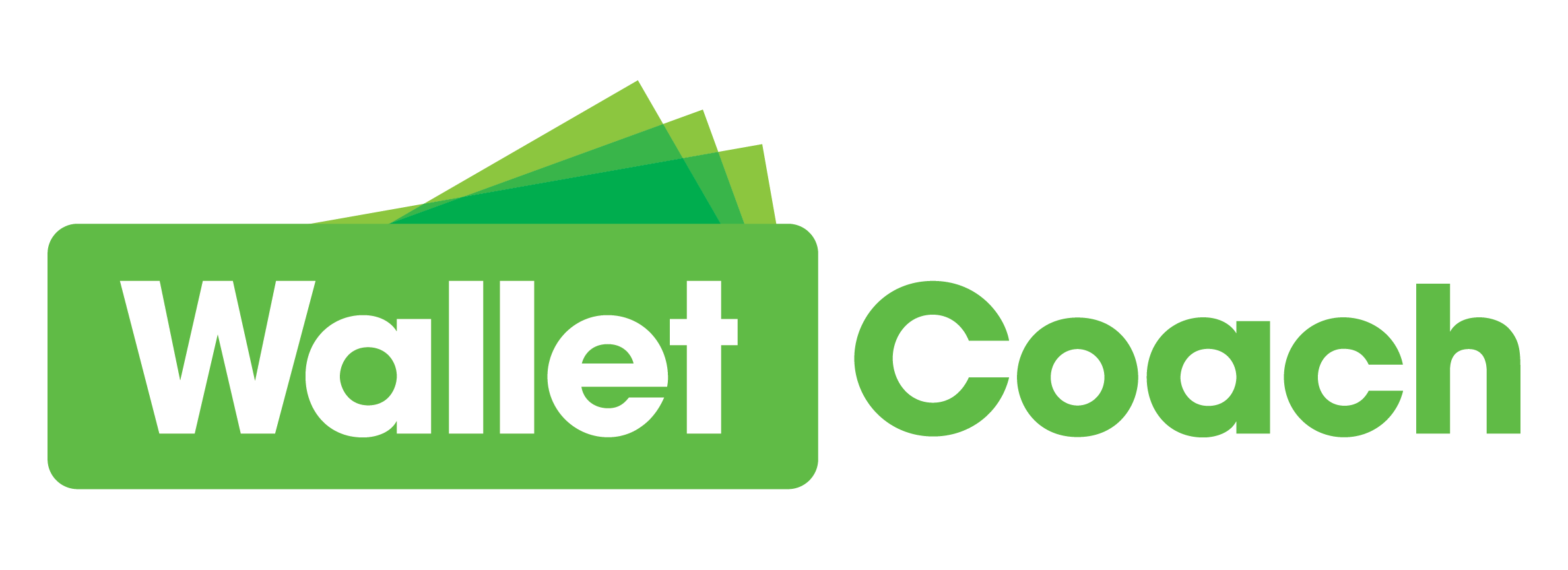This is Part 2 of our series on preparing for life after college. Our first article discussed knowing your income. Now we will discuss knowing your debt.
Know Your Debt
Did you take out any debt? What kind? Even if you are a co-signer, we encourage you to know that amount just in case the other borrower doesn’t pay (ouch). Below are some common debts encountered by new college graduates.
Credit Card
We believe that credit cards are a black hole and can come with consequences if not handled properly. The Credit Card Accountability Responsibility and Disclosure Act of 2009 (CARD Act), made significant improvements in the readability of credit card statements. But let’s be clear, it’s 2017. Who gets paper statements or even views their statements? A typical person just sets up auto-payment for the minimum payment and keeps it moving. There is the occasional glance to see if we are near the limit, but that’s about as much attention the statement gets. However, we need to be more attentive because we need to know how much we owe and the impact our payments are making.
Payments
The CARD Act requires credit card companies to be upfront about the balance, the interest, and payments. In fact, a disclosure called the “minimum payment disclosure” was created (check out the image here) to show users the impact of paying only the minimum payment on a credit card so users have a reality check of when the loan (because a credit card is a loan) will be paid off.
Take a serious moment and review your statement (e-statement/pdf) and determine if your payment is really serving the purpose you intended. Paying the minimum payment does not exempt you from paying interest. Also, minimum payment does not bring down your balance. The minimum payment mostly goes toward interest thus the balance is growing. If you’re concerned about your credit score, remember that a balance over 30% of your limit ($300 balance for a $1,000 limit) negatively affects your score. Seriously, think about how long it would take to pay it off and if you can you afford to do it sooner. Your goals are worth it.
Student Loans
Will your degree come with a student loan? Is the loan with Sallie Mae or Navient? Whatever the name of the loan, be sure it doesn’t become like that cousin you don’t want around but can’t get rid because they are a part of the family. Student loans become an extended family member in part because of the deferment period. People typically like the deferment period, I did. The period feels like a vacation that lasts 6 months. However, what we do not realize is the interest (and balance) is still building/accruing. So, after your vacation period is up, the amount owed is up as well. Be sure to figure what is owed after the deferment period and consider at least making payments during the deferment period equal to the amount of interest being accrued.
Also, be mindful of the type of repayment plan you choose. Some of the payment amount choices grow as your income grows. I chose the income base plan. The plan was good at first but ten years or so later the payment went from $250-$300 to $700-$800 per month. I had gotten comfortable with the smaller payment amount and the increase hurt our wallet. However, the increase woke me up to notice something – much like a credit card minimum payment, I was not impacting the overall balance as I had intended. Over three years of payments, I only reduced the principle balance by $3,000 (smh). Whichever repayment plan you choose, consider exceeding the minimum payment amount. My wife and I did (once she got me straightened out) and paid off over $100K in student loans in 28 months by doing so (more on that story in a future blog).
Phone Loans
That iPhone comes with an iLoan. Don’t think so? Look at your cell phone bill. There’s a charge every billing cycle and if you don’t pay, you don’t play. You are paying for the phone in installments. Say you want to leave your carrier and have a pending iPhone loan. You will be required to not only pay the early contract termination fee, but also the remaining balance on the phone (interest included).
Auto Loans
Did you use a car to get around in college? If there’s a loan on the car, is it partly or wholly in your name? If not, will it be? Now is the time to speak with your parents or co-borrower about their expectations for payback once you start working. Even if they say they’ll continue to pay on it, beware that the debt can become yours fully at any time and for any reason. Don’t ignore this possibility.
Leasing vs Finance
By the way, when you have this conversation with your parents or co-borrower, find out if your car is financed or leased. There are notable differences between the two. Financing a car requires full insurance coverage and a monthly car payment amount. Like financing, leasing a car requires full insurance coverage and a fixed car payment amount, but it comes with restrictions such as mileage and customization (click to learn more). Therefore, it is key to not only know the car payment amount but the charges associated with violating the restrictions.
Also, find out if there is a prepayment penalty for paying off the loan early. Don’t let the penalty discourage you from doing this. Do the math and see if the penalty cost is lower than the interest you’d pay on the life of the loan. If it is, save up that amount and get out of this money pit as soon as possible (remember, a car depreciates in value the moment it’s driven off the car lot).
If you discover that you don’t need your car, consider selling it before you move. Even if you don’t have a car, we encourage you to take the time to review your current car situation before going out to finance one. If you can save up to buy a car in cash – great. Your wallet will thank you. A few months or years of Uber, walking or public transportation may temporarily inconvenience you or cost you, but it could be cheaper than paying the interest over the life of the loan. Make those temporary adjustments for permanent gain.
Bottom line,
know who you owe and how much debt you actually have and devise a plan to reduce or even pay it off completely. It all depends on what you want to do in life. Do you want to manage debt well? If so, keep the balances below 30% and pay on time consistently. Better yet, pay it off completely. Remember, it is not just about how much you make but what you do with what you make. You CAN win with money.
Join us next Wednesday for tips on living within your means (with or without debt), also known as creating a spending plan/budget.
Wallet Coach


